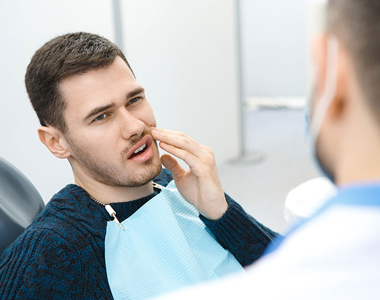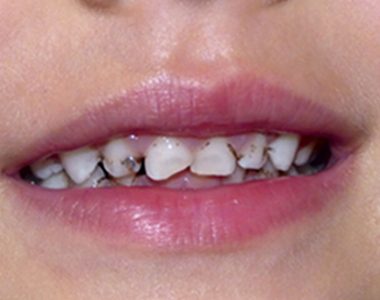
Why do Men avoid the dentist?
Category : Gentalcare
According to a recent study by the Cleveland Clinic, men aren’t going to the doctor for regular checkups as they should. 72% of survey respondents said they’d rather do household chores like clean the bathroom or mow the lawn than go to the doctor. Similarly, three-quarters of men who are married or in a domestic partnership would rather go shopping with their significant other than visit the doctor.
Men are less likely than women to seek preventive dental care and may neglect their oral health for years, according to the American Dental Association.
Why are men avoiding the dentist?
For many men, it’s simple. They don’t want to “bother” the doctor or dentist because they think the problem will likely just resolve on its own. For others, it’s fear-based. They are afraid of what the diagnosis or outcome of an issue could reveal.
Avoiding the dentist is part of a larger oral health problem that has men dodging routine at-home dental care too. Consider the following:
- Men are less likely to brush their teeth after every meal compared to women
- Men are less likely to brush their teeth twice a day compared to women
- Men are more likely to have untreated dental decay compared to women
What is the impact on their smile and overall health?
Heart disease is still the number one leading cause of death for men in the United States, and poor oral hygiene can increase your risk of heart disease. High levels of inflammation associated with untreated periodontal disease, also known as gum disease, can contribute to heart conditions. It leads to a scary statistic: those with gum disease are twice as likely to suffer a heart attack.
Research also suggests a link between a man’s prostate health and periodontal health. Prostate-specific antigen (PSA) is an enzyme created in the prostate that is normally released in very small amounts. When these PSA levels rise, it can signal a problem in the prostate. Men who have signs of gum disease and prostate issues have higher levels of PSA than men with only one of the conditions.
While more research is needed, there’s evidence that men with erectile dysfunction are more likely to have gum disease than those who don’t have it. A study in China found that rats with periodontitis or gum disease had less of an enzyme which helps males achieve an erection.
How can men take back control of their health?
Men need to keep these two words in mind: proaction and prevention. Good oral and overall health starts with being proactive about your health and seeking preventive care. For starters, brushing and flossing daily can help reduce tooth decay by as much as 40%. Second, schedule annual dental checkups. Dentists can detect up to 120 diseases that have signs and symptoms in the mouth. This means they are often the first person to spot a potential problem before it gets worse.
And if anxiety about going to the dentist is the root cause for avoiding these annual checkups, try using these tips:
- Plan ahead—book an appointment when you’re not in a rush to reduce your stress
- Take a few slow, deep breaths after arriving at the office if you feel tension rising
- Let your dentist know if you’re feeling anxious, he or she might have some relaxation techniques to try
Establishing an oral health care routine at home and scheduling regular dental checkups will help men (and women) avoid more costly and painful procedures in the future.
Arnold, Jessica, “Men, Avoiding the Dentist is Bad for Your Health”, Delta Dental
Men, Avoiding the Dentist is Bad for Your Health

 Review Us
Review Us  Review Us
Review Us 
